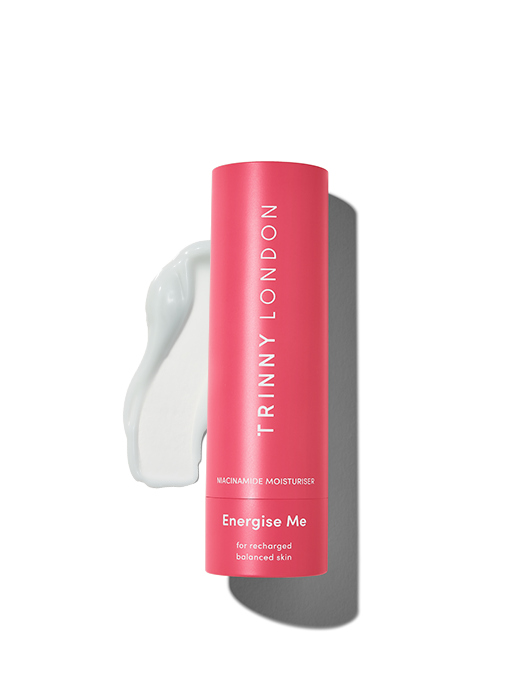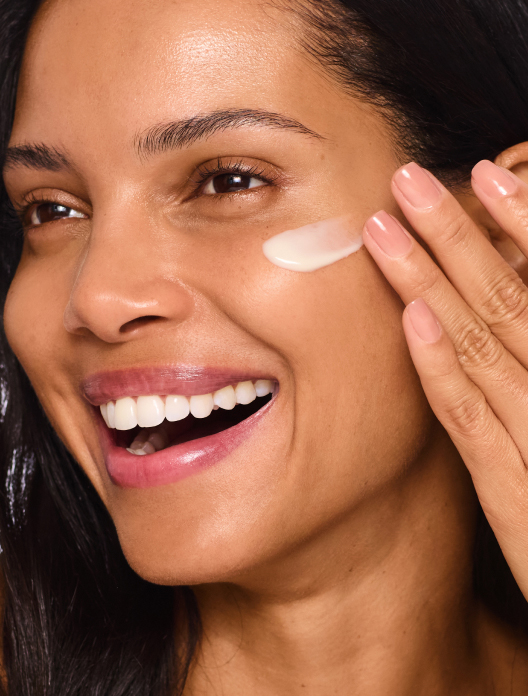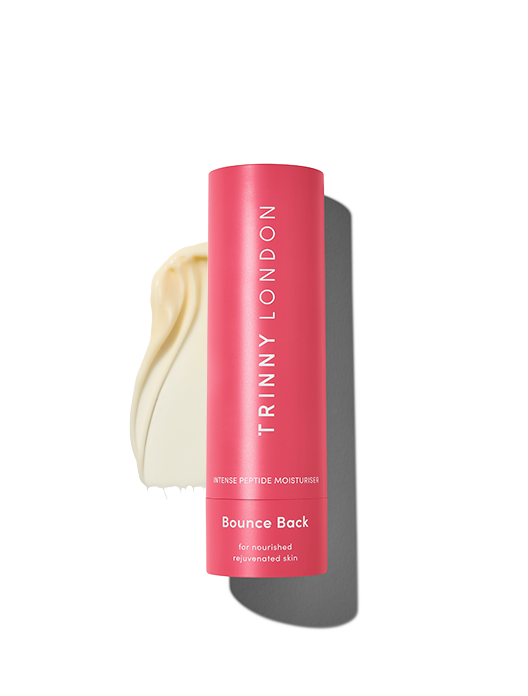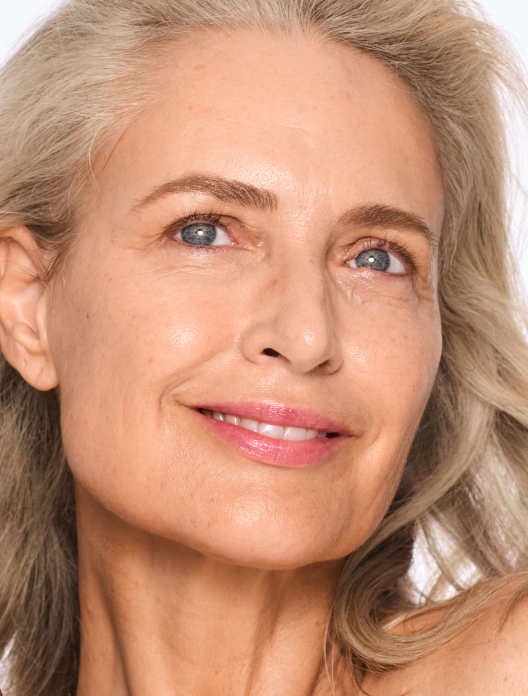

Energise Me
Niacinamid-Feuchtigkeitscreme für geklärte, revitalisierte Haut, für normale bis fettige Haut geeignet
Kostenloser Versand bei Bestellungen über 150 €*
Drei kostenlose Proben bei jeder Bestellung*

Moisturisers support the skin in a number of different ways. We think a lot about how our skin looks, but remember that its primary function is to act as a barrier. It’s our body’s first line of defence and works to keep all the important things, like hydration, in and bad stuff, like bacteria and pollution, out. The skin does a very good job on its own, but adding a layer of moisturiser will help to create an additional barrier. Think of it like wearing a waterproof jacket over your coat on a rainy day. It takes the pressure off of just one layer, and the more protection you have, the better.
As you might have guessed by the name, a moisturiser’s aim is to moisturise your skin. Just like the rest of our body, skin needs plenty of hydration in order to function at its best, and it goes through a lot in a day. Imagine trying to run a marathon without any water – chances are you wouldn’t get very far. Our skin does make its own moisturisers, including hyaluronic acid, but these natural moisturisers also deplete as we age, which is why you might find that your skin feels drier as you get older.
If you have dry skin, asking why moisturiser is important feels laughable. Without a nourishing slick of moisturiser skin feels at best taut and at worst seriously sore. But if your skin is on the normal to oily side of things, you might be able to comfortably go about your day or hit the pillow without smoothing this final piece of your skincare puzzle into place.
For the reasons listed above, moisturiser is really important. It reinforces the skin’s protective barrier and helps to lock in moisture. It’s the glug of hydration that all of our complexions need, whether we realise it or not.
Moisturiser is especially important if you are also incorporating liquid exfoliants or retinoids into your routine. These potent ingredients can cause some dryness, so it pairs to reinforce that hydration barrier after use. And of course, the more hydrated your skin is, the more effective these ingredients will be. In the order of skincare products, moisturiser comes last.
You may find that your skin needs more or less moisturiser at different times of year, and at different stages of your life. Things like stress, exposure to pollution and hormone imbalances can dehydrate the skin, and weather is a big factor too. Whipping winds, plummeting temperatures and drying central heating are the main culprits of dehydrated complexions during winter.
Not all moisturisers are created equal. Some go a step further than simply moisturising the skin and locking that hydration in. To ensure your moisturiser really earns its keep in your routine, choose one that has been formulated with active ingredients like niacinamide, peptides and hyaluronic acid. Each serves a different function in supporting and enhancing the skin.
Moisturisers also vary by texture. As a general rule, those with drier skin should choose a more nourishing moisturiser than those with oilier complexions, but it’s also down to personal preference. Some may love the blanket-like comfort of a thicker cream, while others prefer a lightweight texture.
Shop the article


Niacinamid-Feuchtigkeitscreme für geklärte, revitalisierte Haut, für normale bis fettige Haut geeignet


Intensive Peptid-Feuchtigkeitscreme für pralle, elastische Haut, für normale bis trockene Haut geeignet